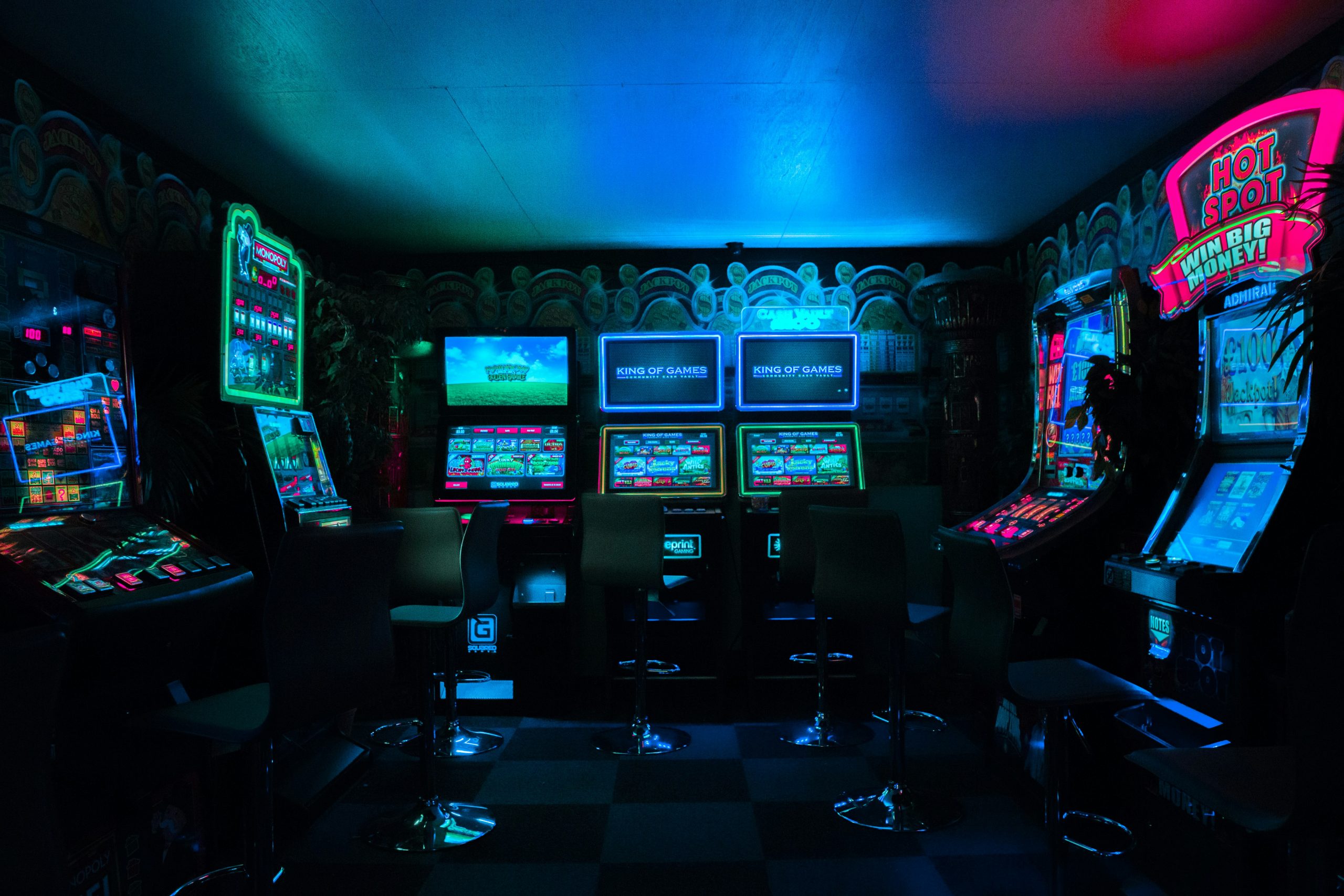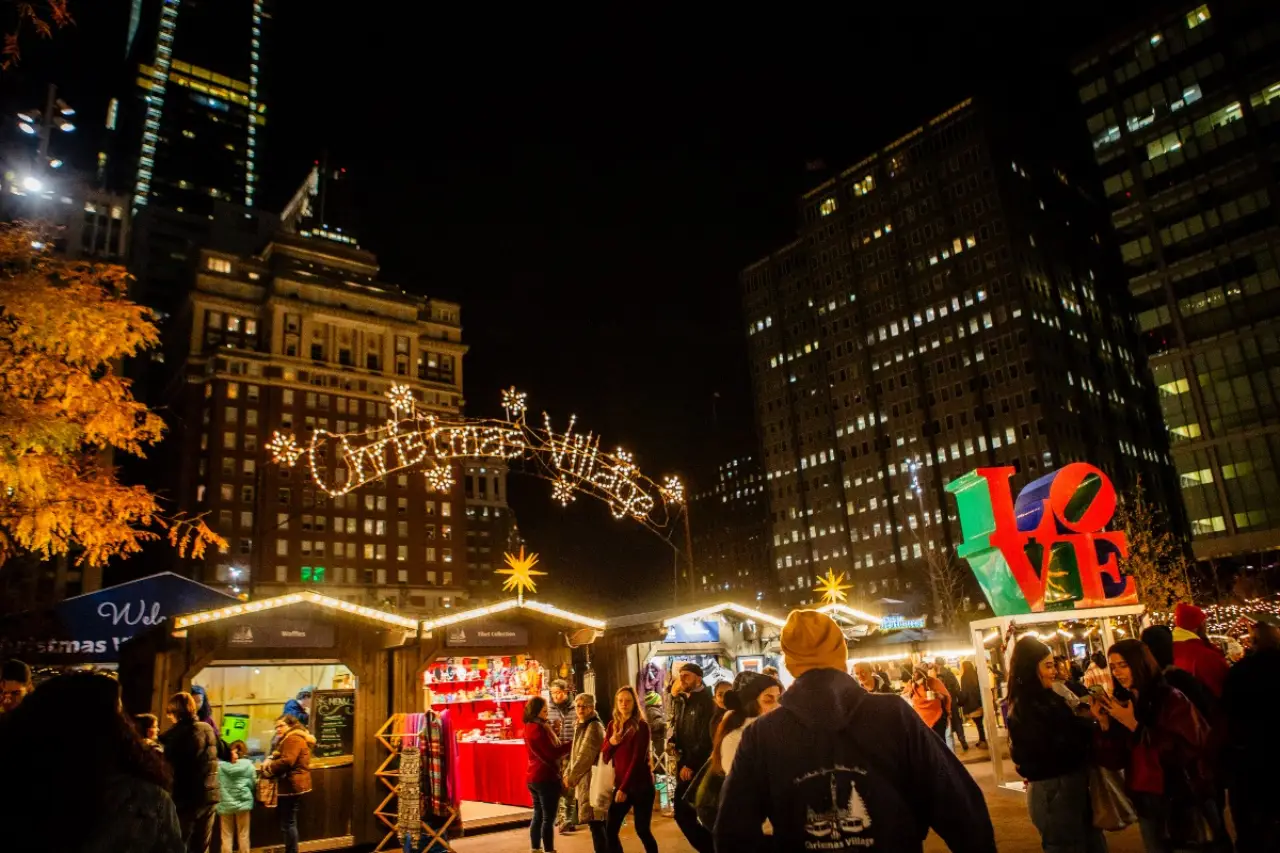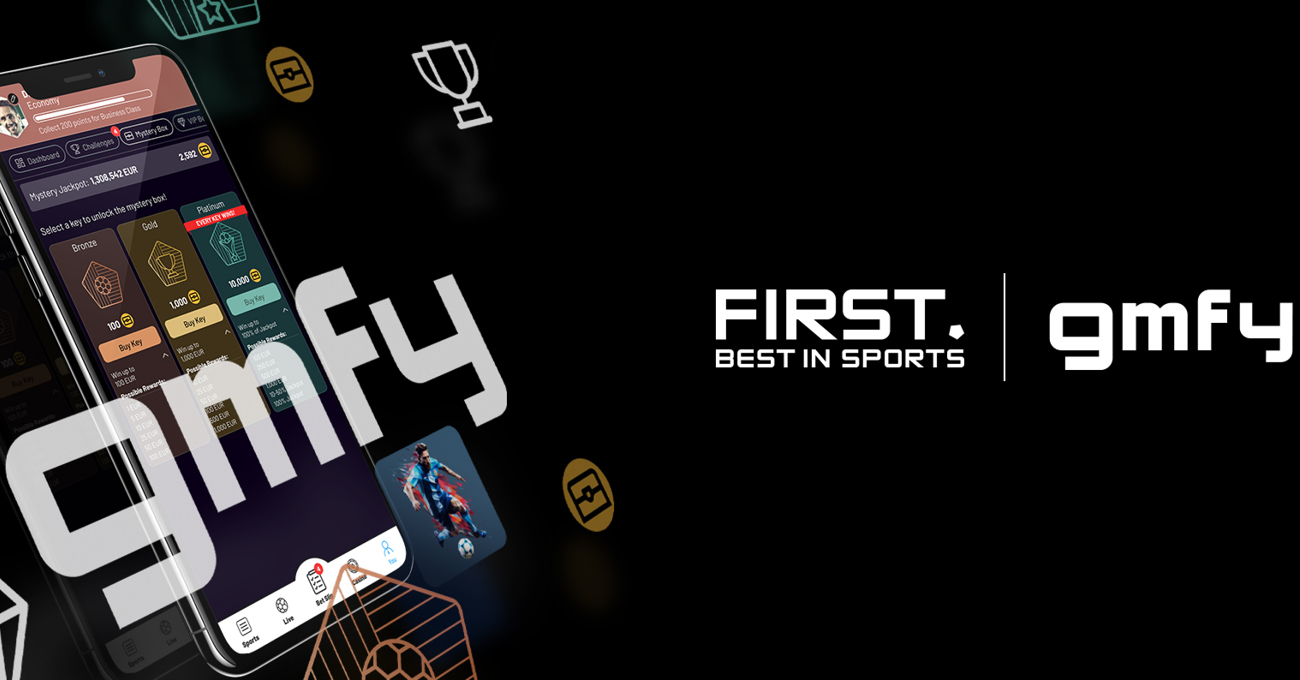Entertainment
The US government says Live Nation is suffocating the competition. Here’s what it controls in Australia
Almost 15 years after Live Nation and Ticketmaster merged to become Live Nation Entertainment, the US government is trying to pry the powerful conglomerate apart.
The US Department of Justice (DOJ) filed a lawsuit in Manhattan on Thursday, local time, claiming that Live Nation “suffocates its competition”. Thirty US states have joined the DOJ in support of the lawsuit.
Attitudes towards Live Nation and Ticketmaster have soured in the past few years, highlighted by the myriad problems faced by fans trying to purchase tickets to the US leg of Taylor Swift’s Eras tour in 2022.
What is Live Nation?
In 2009 Live Nation, originally an events promoter, announced the move to merge with Ticketmaster — the world’s largest ticket seller across live music, sports, theatre — to create the conglomerate Live Nation Entertainment.
The $US2.5 billion ($3.78 billion) deal went through in 2010 after being signed off by the DOJ, but with some caveats placed to ensure that Live Nation Entertainment wouldn’t obtain a monopoly on the live events space.
These measures included Ticketmaster allowing Anschutz Entertainment Group access to its technology, a requirement that the company divests in a subsidiary that provides software for venue operators to sell their own tickets, and an obligation that it would not retaliate against venue owners that defect to competitors.
The company said it distributed more than 620 million tickets in 2023.
Who owns Live Nation?
Live Nation Entertainment is publicly traded with hundreds of investors holding shares in the company.
Liberty Media, an American mass media company, is the largest shareholder owning 69.9 million shares, or 30 per cent of Live Nation Entertainment.
In 2020, Saudi Arabia’s Public Investment Fund – a wealth fund controlled by Crown Prince Mohammed bin Salman – purchased a $US500 million stake in Live Nation Entertainment, making it the third-biggest shareholder.
Last year, Live Nation reported another record year of profits, resulting in a 36 per cent boost in revenue to a whopping $US22.7 billion.
Why are Live Nation being sued?
Music fans and politicians have been calling for a re-examination of the Live Nation/Ticketmaster merger for years.
In 2020, a court extended most of the DOJ’s oversight of the merger to 2025 because the department said Ticketmaster retaliated against stadiums and arenas that opted to use other ticketing companies.
Thursday’s antitrust lawsuit formalised the DOJ’s claims that Ticketmaster is squeezing out smaller promoters by using tactics such as threats and retaliation.
“It’s time for fans and artists to stop paying the price for Live Nation’s monopoly,” US Attorney-General Merrick Garland said.
Mr Garland says that Live Nation relies on “unlawful, anti competitive conduct to exercise its monopolistic control over the live events industry in the United States at the cost of fans, artists, smaller promoters, and venue operators”.
He added that, as a result, fans pay more in fees, artists have fewer opportunities to perform, and smaller promoters get squeezed out.
Live Nation called the lawsuit a possible “PR win for the DOJ in the short term,” but said that, even if the DOJ is successful, the lawsuit would have little effect on ticket prices.
What does Live Nation control in Australia?
Live Nation arrived in Australia in 2010, and became a significant force two years later when it acquired Michael Coppel Presents, then one of the world’s largest touring companies.
In addition to promoting tours under Live Nation and selling tickets through Ticketmaster, here’s what Live Nation Entertainment controls in Australia.
Festivals
In 2016, Live Nation bought a controlling stake in Secret Sounds, which operates Splendour In The Grass (which was cancelled this year), Falls Festival, which is currently on hiatus, as well as Adelaide’s Harvest Rock and Spin Off festivals.
In 2022, it announced the acquisition of Kicks Entertainment and its flagship event Spilt Milk festival, which tours through Canberra, Ballarat, Perth, and the Gold Coast.
Venues
Live Nation also has a growing collection of venues that it owns, operates or has long-term leases for.
That portfolio includes:
- The Palais Theatre (Melbourne)
- Festival Hall, which they bought from Hillsong in March 2023 (Melbourne)
- The Hindley Street Music Hall (Adelaide)
- The Fortitude Music Hall (Brisbane)
- The Triffid (Brisbane)
- Anita’s Theatre (Wollongong)
Agencies
Over the past decade, Live Nation has bought up some of Australia’s events and arts companies, including ticketing agencies Ticketmaster and Moshtix, as well as booking agencies Village Sounds, Cult Artists and Mellen Events.
In 2022, it acquired Jubilee Street Management which looks after a selection of Australian and New Zealand comedians.
What could the lawsuit mean for Live Nation in Australia?
The short answer: It’s too early to say.
The Live Nation-Ticketmaster case hasn’t gone to trial yet, so it’s difficult to know what the global ramifications will be, let alone specifically to the Australian market.
“The other thing to note is that Ticketmaster isn’t as big of a monopoly here in Australia,” Poppy Reid tells ABC News Breakfast.
“Ticketek actually have the market share in Australia, not Ticketmaster. So, I’m not sure how that’s going to affect us locally,” says Reid, who is the Editor-In-Chief of The Brag Media, which publishes Rolling Stone AU/NZ, Variety Australia, and more.
Ticketek Australia is owned by rival promoter TEG, which controls its own sizeable portfolio of agencies and venues, which extends to sport and other live events.
The US ruling, however, will likely be welcomed by Australian booking agents and industry figures who’ve had concerns for years about Live Nation having a monopoly over the local industry.
“I don’t like the Live Nation model,” Australian promoter Michael Chugg told triple j’s Hack in 2016.
It’s rare for industry figures to speak so candidly about Live Nation, given the influence it wields in the Australian market and how many businesses rely on its services.
However, Chugg is an influential figure down under. He has been in the industry for more than 50 years and has toured everyone from Coldplay to Dolly Parton and Radiohead with his company Chugg Entertainment. He said Live Nation’s aim was to muscle local promoters out.
“They would like to see me and Michael Gudinski out of business,” he said, referring to the late Mushroom Group founder who helped establish a touring industry down under.
“It’s no secret that’s been said at boardroom meetings in New York and LA … [Live Nation] go out of their way and offer huge money to artists and cut out the indie promoters and local promoters.”
Editor’s note (27/5): An earlier version of this story stated that Live Nation owned, operated and/or held a long-term license with Marvel Stadium in Melbourne and Thebarton Theatre in Adelaide. This is incorrect and has been removed.









